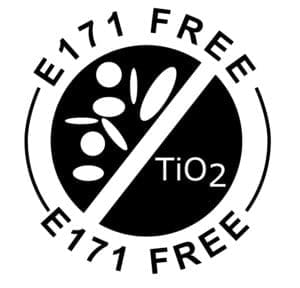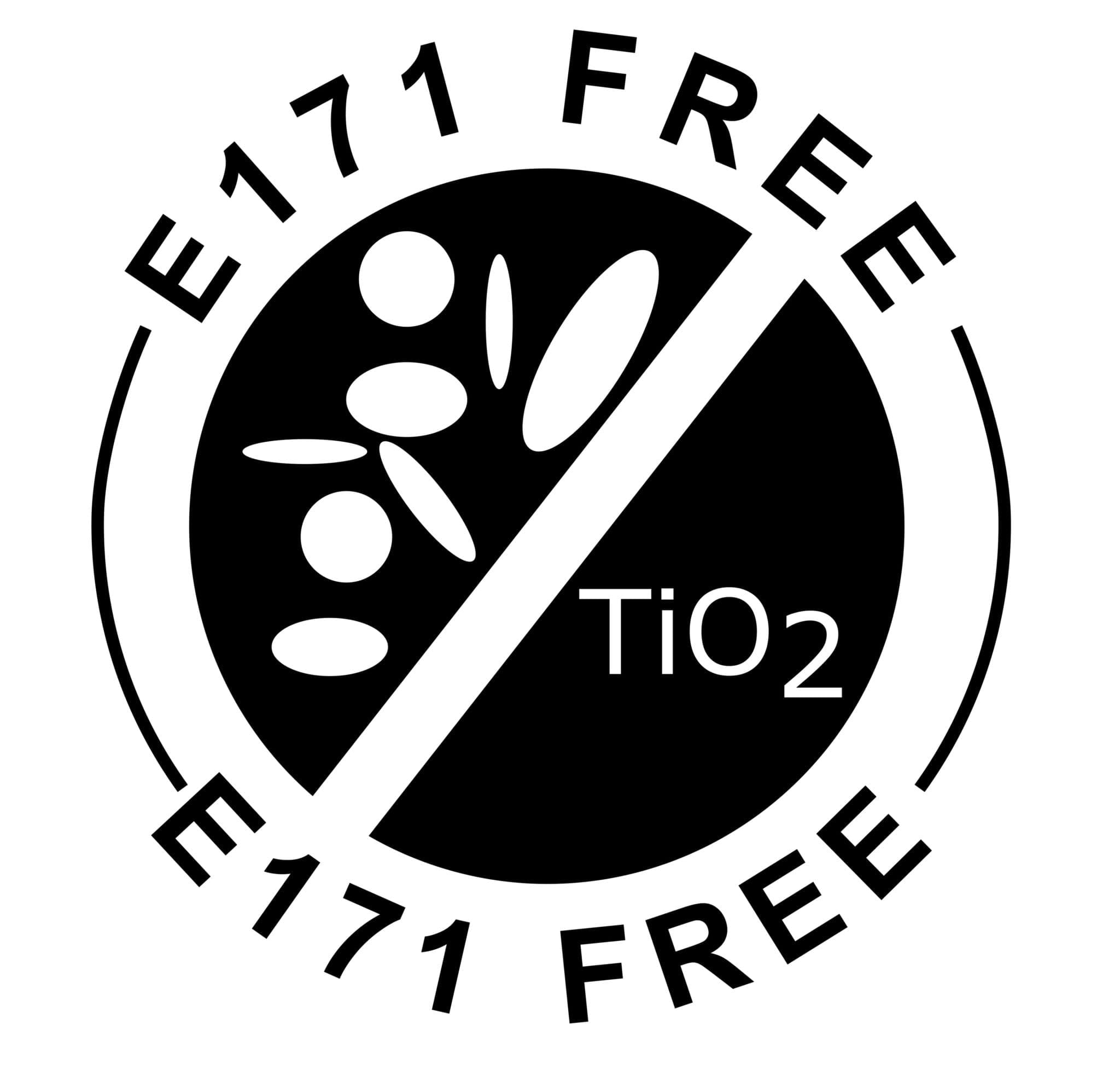By Lorrie Ritter, Regulatory Compliance Specialist

On October 8, 2021, the EU member states agreed on a proposition of the European Commission to ban the additive titanium dioxide E171 from all food products in the European Union. As of summer 2022, TiO2 will be banned as a food additive. Scientific studies show titanium oxide can damage intestinal flora and possibly cause cancer due to the nanoparticle. Other countries such as France, had forbid the use of TiO2 since 2020. The adoption of this proposal means that Companies currently using TiO2 as a food additive and selling said products into the EU need to be reformulate during this six-month transition period if they want to keep these products in circulation. Future initiatives include banning TiO2 in other products like cosmetics, pharmaceuticals sunscreen and toothpaste.
Implications for the US
In the United States, TiO2 has been used as a food additive since the 1960s when it was approved to be used in foods at up to 1 percent by weight as a color additive. As a coloring agent, it is known to boost opacity and brightness of foods. In the US, titanium dioxide is permitted as a coloring in most foods, but in general the applications are in bakery items, candy, coffee creamers, cake decorations and white sauces. In lower fat foods, titanium dioxide is used to boost whiteness previously provided by fat, such as in fat free creamy salad dressings. The EU’s change for titanium dioxide for foods is causing some US consumer groups to push for its removal from food products in the US. Certain US firms are trying to revise formulas to remove TiO2.
Implications for Regulations on Similar Additives
The EU ban is just the beginning. They are looking to ban TiO2 in other products previously mentioned and several EU agencies are lobbying the Commission to review all 3,338 additives currently authorized for the use in food products and remove all controversial additives from the approved list. Experience shows that EU initiatives and regulatory change decisions typically are monitored and often adopted by other regulatory bodies worldwide including the US. All reformulations must include a full regulatory review, new SDS and label for each product.
TotalSDS customers can rest assured that our team of regulatory experts is constantly monitoring these initiatives for regulatory change and are prepared to assist our customers assuring compliance. If you need help keeping up with changing regulations, get in touch with our team.


